China tells Vietnam to avoid magnifying South China Sea disputes
China has called on Vietnam to avoid unilateral measures in the disputed South China Sea region which might complicate the situation and magnify disputes.
China and Vietnam should cherish the hard-won peace and stability achieved in the area and remain vigilant to resist the intervention of extraterritorial forces, said Chinese Foreign Minister Wang Yi.
Wang made the remarks in Vietnam during a meeting with the neighboring country's Deputy Prime Minister Pham Binh Minh, the Foreign Ministry said in a statement on Saturday.
China insists that it has historical sovereignty over most of the waterway, though the US and its allies in the region claim otherwise, citing “international law,” including a 1982 United Nations Convention on the Law of the Sea, to which the US is not a signatory.
On Friday, Vietnam said China will donate 3 million more doses of COVID-19 vaccine to Vietnam this year, raising China's total vaccine donations to the Southeast Asian country to 5.7 million doses.
The development came shortly after US Vice President Kamala Harris paid a visit to Vietnam late last month as part of her tour of Southeast Asia in a persisting effort by Washington to co-opt regional countries against China.
Harris arrived in the Vietnamese capital of Hanoi, where she emphasized on the need to increase pressure on Beijing over its maritime claims in the South China Sea and offered support to Vietnam’s President Nguyen Xuan Phuc in countering Beijing in the strategic waterway.
"We need to find ways to pressure, raise the pressure… on Beijing to abide by the United Nations Convention on the Law of the Sea, and to challenge its bullying and excessive maritime claims," said Harris during a meeting with the Vietnamese president.
Speaking in Singapore a day earlier, Harris had said that Beijing's use of what she called scare tactics in the South China Sea continued to undermine "the rules-based order" and threatened the sovereignty of other regional nations.
"Beijing continues to coerce, to intimidate, and to make claims to the vast majority of the South China Sea," she said.
Laying out the US administration's foreign policy goals, Harris reiterated that Washington had enduring interests in the Indo-Pacific region and aimed to counter Beijing's aggressive advances, as well as maintain "freedom of navigation."
"Our engagement in Southeast Asia and the Indo-Pacific is not against any one country, nor is it designed to make anyone choose between countries," she claimed.
China, however, blasted Harris's anti-Beijing remarks, pointing out that the messy US withdrawal from Afghanistan serves as a major indicator of Washington’s "selfish" foreign policy.
China's Foreign Ministry spokesman Wang Wenbin reacted to Harris’s claims, insisting that Washington is hiding behind rhetoric of a rules-based global order to defend its own "bullying, hegemonic behavior."
"The current events in Afghanistan clearly tell us what the rules and order the US speaks of are," Wang further noted during a news briefing on September 24, adding, "The US can wantonly conduct military intervention in a sovereign country and does not need to be responsible for the suffering of the people in that country.”
The United States, which sides with Beijing’s rivals in the maritime dispute, routinely sends warships and warplanes to the South China Sea to assert what it calls its right to freedom of navigation, ratcheting up tensions among the regional countries.
The US sees its rivalry with China as "the biggest geopolitical test" of the century, and Southeast Asia has seen a series of high-profile visits by top US administration officials, including Secretary of Defense Lloyd Austin, who visited Hanoi in late July. The visits have escalated tensions between the US and China, which were already high due to a range of issues ranging from cybersecurity to human rights issues.
The South China Sea is a gateway to major sea routes, through which about 3.4 trillion dollars' worth of trade passes each year, and contains huge gas fields and rich fishing grounds. China claims sovereignty over much of the strategic waterway and has since 2014 built artificial islands on reefs and installed military bases on them.
Vietnam, the Philippines, Malaysia, and Brunei have overlapping claims with China to parts of the sea.
'Gaza has won': Social media users react to ceasefire with mix of relief, joy
Iran seeks South Korea’s assistance for AI, fiber-optic projects
VIDEO | Iran's 'Eqtedar' (Power) maneuver
Israel hits HTS military target in Syria for 1st time since fall of Assad
VIDEO | Press TV's news headlines
Israel has slaughtered 13,000 students in Gaza, West Bank
VIDEO | More Zionist than Zionists: Biden’s legacy to be defined by Gaza genocide
Hamas confirms handing approval of Gaza ceasefire deal to mediators


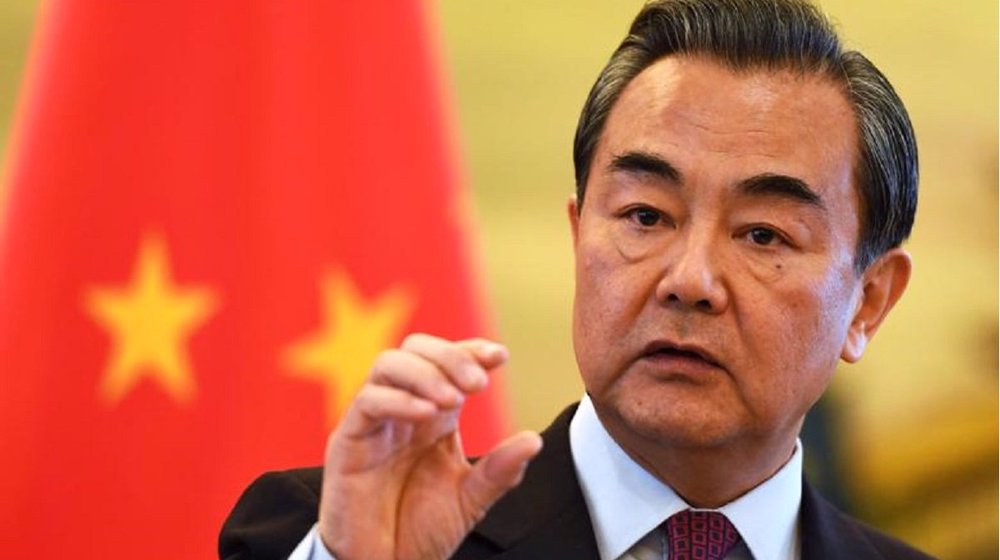
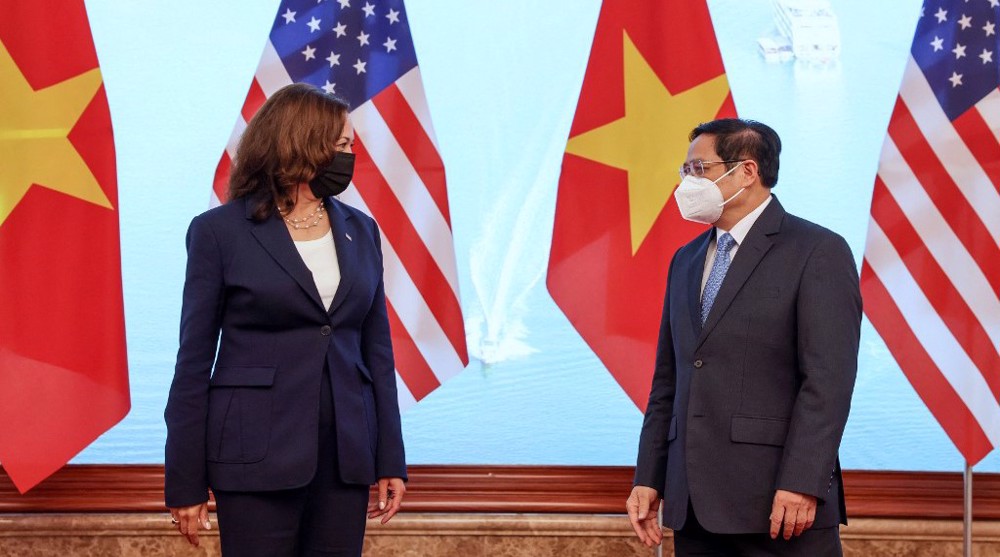
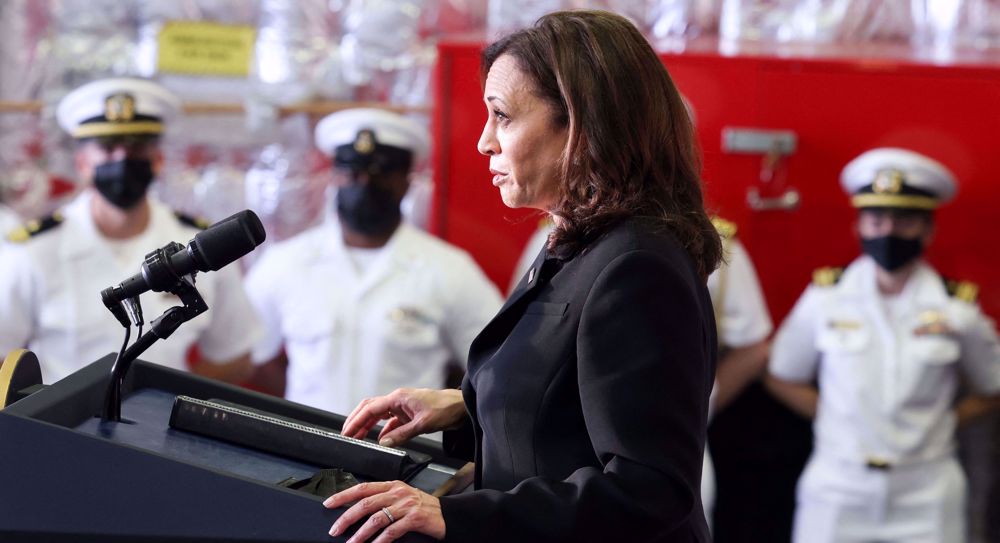


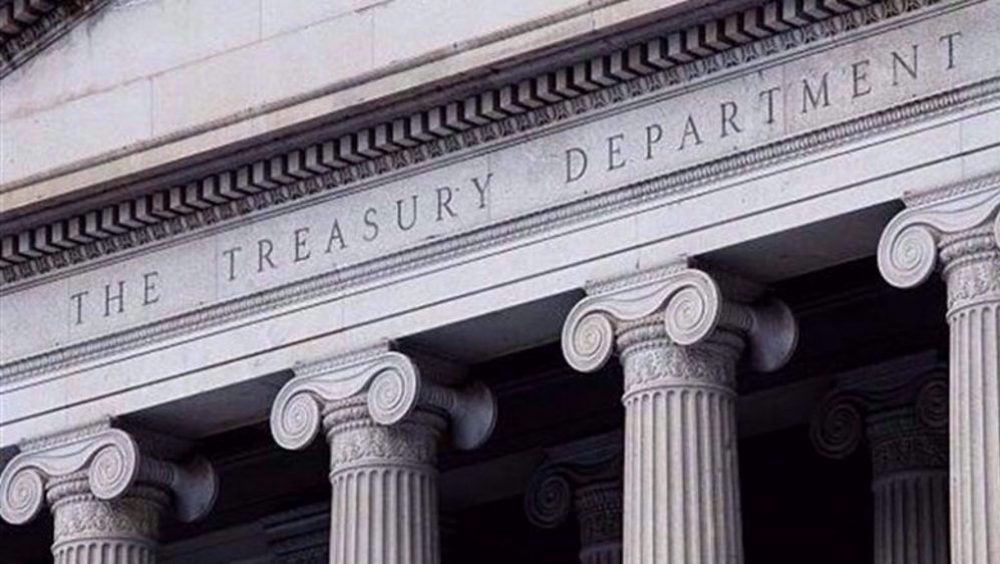




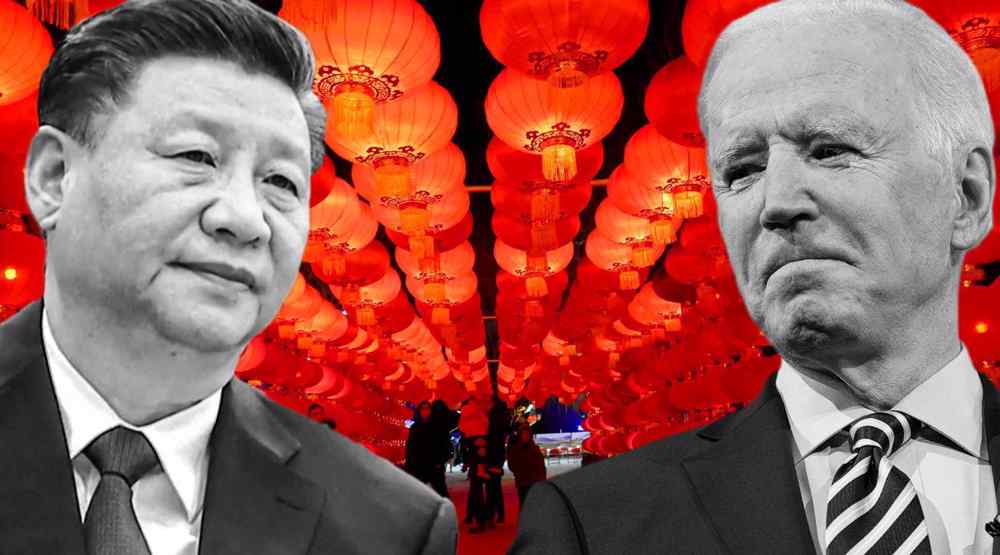
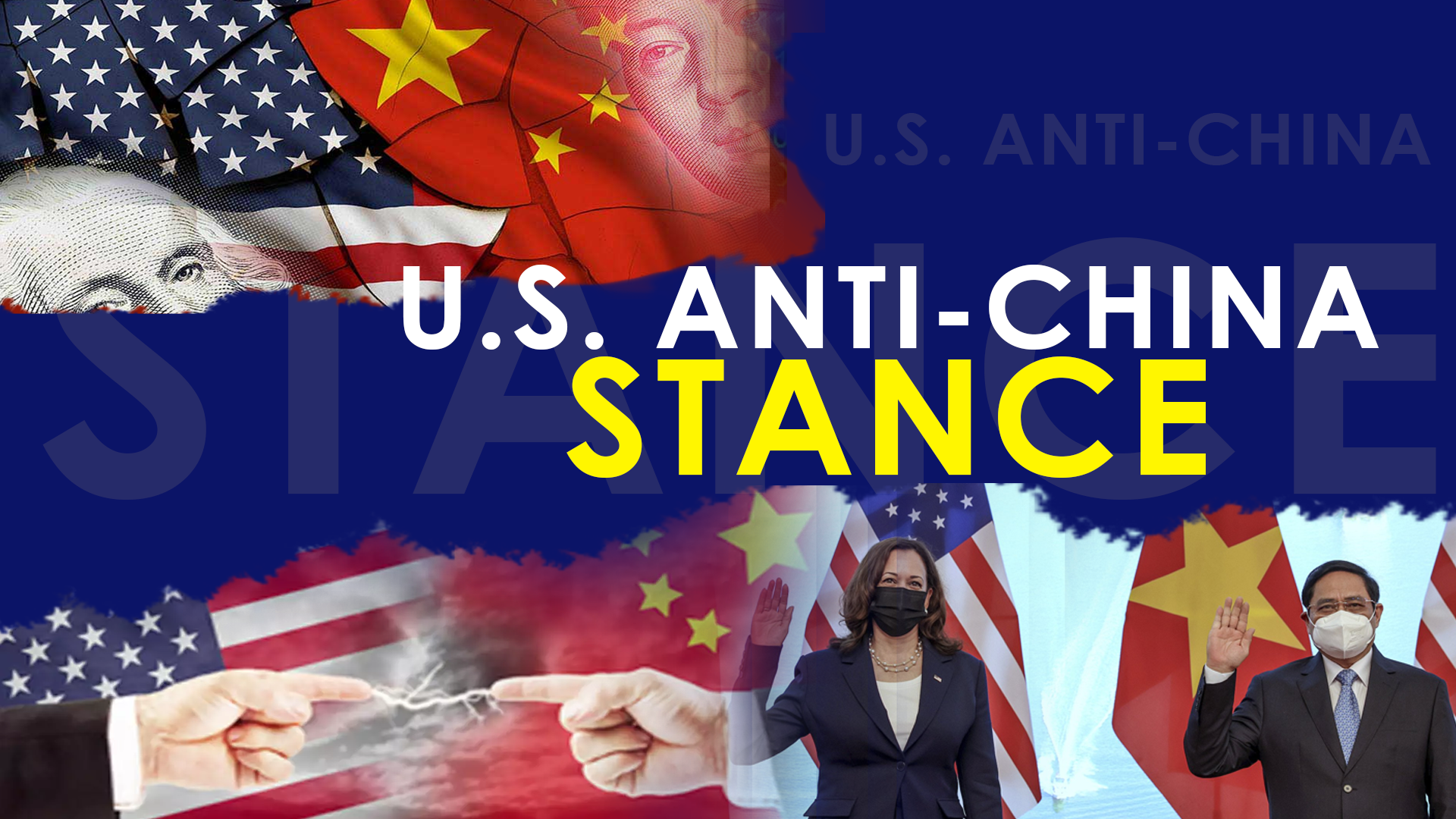

 This makes it easy to access the Press TV website
This makes it easy to access the Press TV website